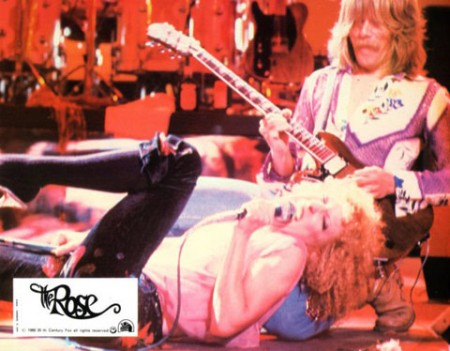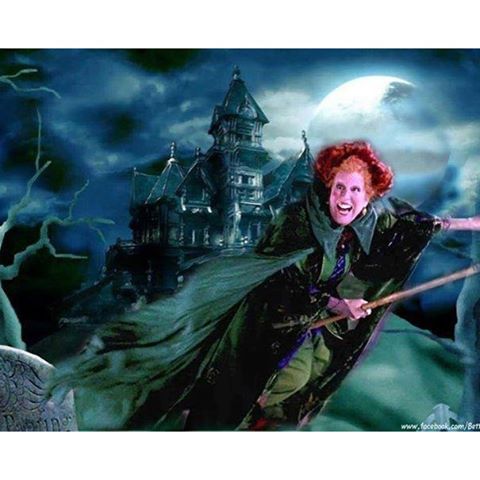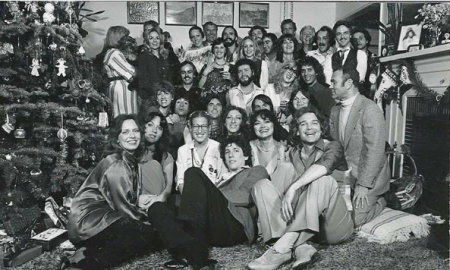Quartz
The music industry has a math problem
April 10, 2015
The standard music superstar critique of services like Pandora and Spotify (there have been a lot of them lately) goes something like this:
My song was played millions of times on [insert service here] and all I got was a lousy few dollars.
For specific examples see: Pharrell Williams, Aloe Blacc (the singer on Aviici’s “Wake Me Up,” the most streamed song on Spotify) and um, Bette Midler.
Taylor Swift didn’t get into this level of detail when she criticized (and then withdrew her back catalog from) Spotify last year. Neither did Jay Z when he launched his competitor to Spotify last month. But their concerns about streaming are broadly similar, and have fed into the narrative that digital music services are shortchanging artists by paying minuscule amounts in royalties for huge numbers of track spins.
These royalties often are contrasted with bigger payouts from old-fashioned broadcast radio. The problem is that this is a completely misleading comparison. And here is why:
A single stream of a song on Pandora or Spotify typically reaches an audience of one person. A single spin of a song on radio reaches an audience many times bigger than that, depending on the actual size of the station’s listenership.
This matters because the US government officials are currently considering sweeping changes to the system for music licensing in the US and, perhaps influenced by the rhetoric, they are expected to rule in favor of publishing companies and songwriters by changing arrangements that have been in place since the 1940s.
The fuzzy math was on display at a Senate hearing (video) in March, when the songwriter Lee Thomas Miller contrasted the payouts for a song that gets played 1 million times on radio (which he said was the “threshold” for a hit) with the smaller payout on songs streamed many multiple times of that online. Pandora’s vice president of business affairs, Christopher Harrison countered: “To reach a million people on, for example, Z100, the largest radio station in New York City, you would only have to play that song 16 times.”
David Oxenford, an copyright lawyer based in Washington, also wrote about the confusion in a blog post this week.
[E]quating a million spins on over-the-air radio to a million spins on an Internet-based digital music service is a meaningless comparison. To be equivalent, that million spins on over-the-air radio, when spread across stations around the country may mean that a billion impressions were made on people who heard the song played ”“ the equivalent to a billion spins on a digital music service ”“ a much rarer feat.
It’s a bit like what Steve Albini, the famous record producer, told Quartz last year: “I think there is incorrect calculus being done by the people who are upset” over streaming music services.












